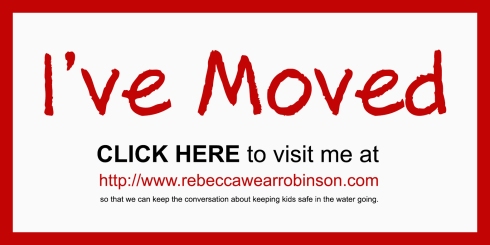The new CPR guidelines are out with all sorts of fanfare and media coverage. Great news and lots of new research and discussion over a critical tool that could save some of the 250,000 people who die of heart disease each year. But why not the same media focus on preventing the deaths in the first place? How about this little-seen article with the staggering headline: Analyses: Heart Attack rates fall 17% after smokingbans enacted. (that was within one year and only with public smoking bans). http://www.usatoday.com/news/health/2009-09-21-smoking-bans_N.htm
You all know my feelings about CPR – everyone should learn CPR, period. I think we need a serious re-think on our priorities though, especially when there is limited funding everywhere. Educating and preventing problems isn’t glamorous. It’s like being a parent – a long-term commitment, frequently involving nudging unwilling recipients, not always fun, but with real, positive, long-term outcomes. Plenty of research to support this very unglamorous, non-headline-grabbing methodology. Educate boys and girl sand civil war decreases, poverty levels drop, economic prosperity increases.
What would happen if teaching water safety and swimming to children were mandatory? Would the death rates from drowning drop 17% or more in a year? I think so. CPR is a crucial tool to save a life, but shouldn’t our focus be on not needing the tool in the firstplace?
